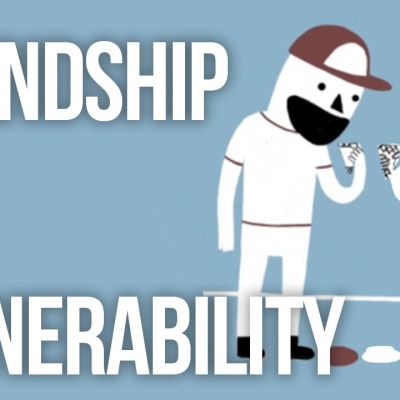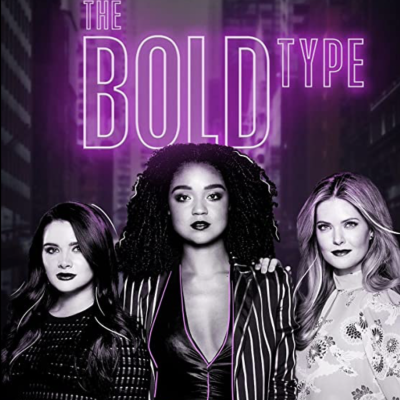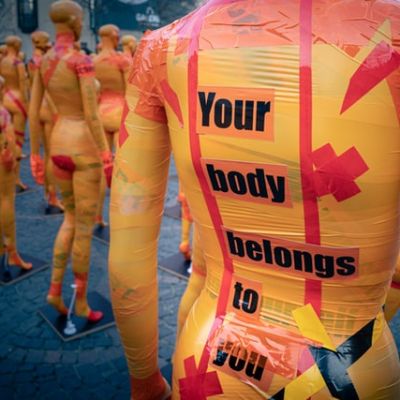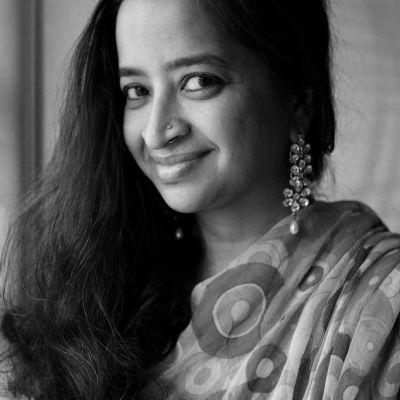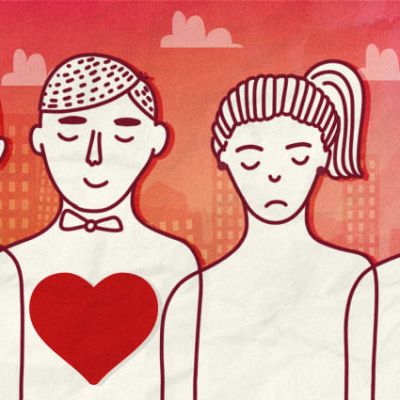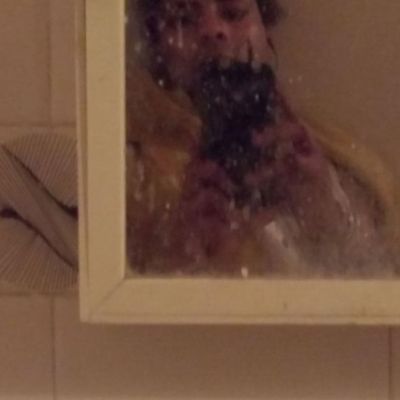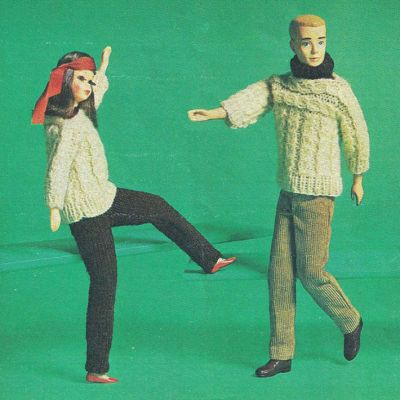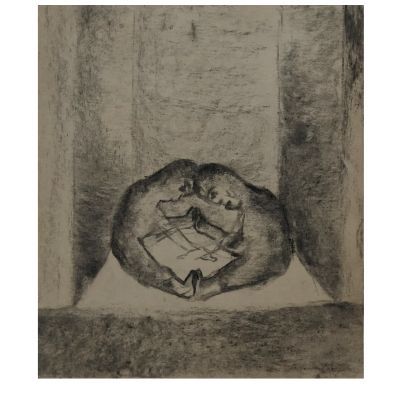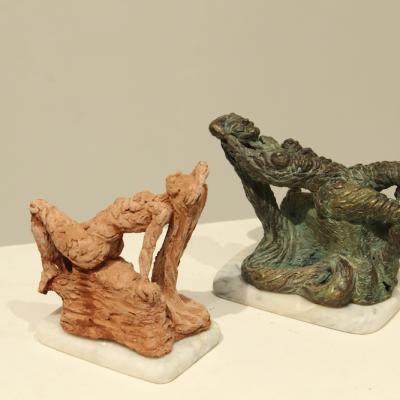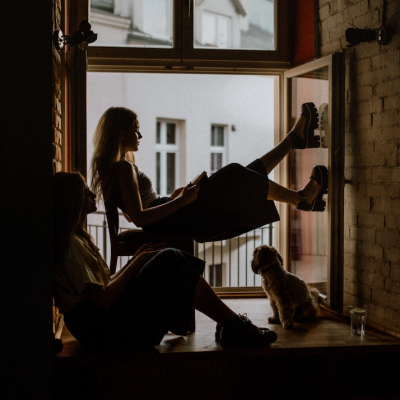vulnerability and sexuality
We are often told to speak to ourselves as we would to a friend, gently and lovingly. At the heart of friendship is vulnerability – a radical acceptance of oneself and another for who we truly are, the glowing and beautiful, as well as the dark and crooked.
From being comfortable doing nothing in someone’s company or cooking and laughing together, to confiding in them our hopes and fears, feeling safe letting someone seeing us at our best as well as through our not-so-good moments is like ‘coming home’ in the world.
None of these characters is perfect but in their imperfections we can learn more about body positivity, gender sensitivity, privilege, consent, unconscious and implicit bias, sexuality, masculinity, their intersections with class, religion, race, age, and more.
Those who are rendered vulnerable due to their gender or sexuality, particularly those who are economically and socially disadvantaged (or less powerful) and lack the agency to speak up for themselves, are more prone to allegations, social ostracism and marginalization.
The largest contingent of voiceless, lonely women with limited agency in the subcontinent must be its married women. If they’re fortunate enough to be born and reach adulthood, a woman’s parents and society make sure she becomes an adult brainwashed into self-alienation and self-loathing.
We must all care for ourselves and be discerning about when and where and with whom we show our cards…but those who can hold our emotional and sexual vulnerability are out there, and we can find them and be all of who we are.
I felt naked in front of everyone when I first came out, and I can’t stress enough how much my male privilege has helped me out here. I don’t even know if people found it serious enough to consider it my identity instead of ‘a mere sexual preference’ or ‘a phase’ (always a classic dismissal).
When we are in tune with our authentic thoughts and feelings, vulnerability can be a guide-post in traversing through life, allowing us to forge deep and meaningful connections where we can hold space to mess up and get back on our feet again.
I was watching something recently that said it was a bad thing to be vulnerable, but I don’t think it is a bad thing. I do see that there is a certain amount of power in vulnerability, it also needs courage, in my experience.
Indian families rarely say “I love you” to each other. Maybe it is an extension of the fact that parents are awkward while displaying any sign of affection to each other around their kids or elders.
For so long, private has meant a place that I was forced to create, claim and carve out to hide away from the public violence. And if I’ve been allowed to further wallow in it then I don’t want to – thank you very much.
To be without intricacies is to be without emotional boundaries, to disregard whoever whenever. Besties save you from your shit. They are your heart, and they transcend any efficiency that the Tinderization Bestie Robot attempts to offer you in its binary fantasy.
Her artworks illustrate discoveries, intimacies, and vulnerabilities during a time when identities are coalescing that may affect how we eventually come to become.
Through multiple maquettes, I finally came across (since I myself did not know what the result of the form or figure would be) the Reclining Lady. She represents confident femininity and vulnerability. The feeling one has after taking a bath and sitting in the nude, drying oneself in unabashed nakedness.
“Be yourself, Sarah. Awkward smiles, empty silences, weird laughter, and all. It’s just a part of being human. Loving someone physically is never not awkward. Even if it’s a monogamous relationship. It’s only the comfort of familiarity that makes you think otherwise.”

